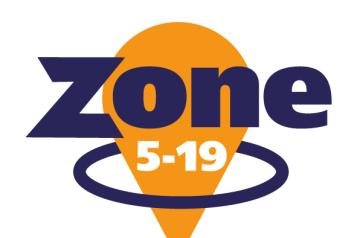Government to improve drug treatment in most deprived areas

- All local authorities will receive additional funding as part of the drugs strategy’s record £780 million investment to rebuild the drug treatment and recovery system
- Additionally, 50 of the most deprived areas in England will receive significantly more funding in 2022 to 2023 to enhance their drug and alcohol treatment services
- Record levels of funding will help achieve the government’s 10-year strategy to tackle drug crime, boost treatment and level up the country
- Enhancing existing Project ADDER sites to increase engagement with rehabilitation, treatment and recovery services
Health and Social Care Secretary Sajid Javid has announced (Wednesday 13 April) the first 50 local authorities across England to receive extra funding which will go towards improving access to drug and alcohol addiction treatment and increasing the capacity of services. This will help to reverse the upward trend in drug use by tackling this major driver of crime which disproportionately impacts the most vulnerable and poorest communities.
This is part of the largest ever investment in drug treatment and recovery services announced in December, with £780 million over 3 years in addition to what is invested in drug and alcohol treatment from the public health grant – to help drug users access treatment and reduce crime within communities as part of the new 10-year drug strategy.
We’re investing a record amount in treatment services and ensuring some of the most deprived areas in England are first in line for this funding, to support the most vulnerable by cutting drug use. This is a significant step in our commitment to rebuild the drug treatment system, save lives and level up the country.
In addition, the government has set out plans for more intensive oversight by the criminal justice system through enhancing Project ADDER.
Launched in November 2020, Project ADDER is already delivering a whole system approach to tackle drug misuse in 13 of the hardest hit local authorities in England and Wales – joining up enforcement, treatment and recovery. The programme has already shown signs of success, contributing to 600 organised crime disruptions,10,500 arrests and 13,400 drug treatment interventions carried out by outreach workers. This innovative approach involves working in conjunction with local partners to enhance the programme to ensure treatment, accommodation and employment support is as joined up as possible around individuals with opioid and crack cocaine addiction.
Every area will also benefit from employment support provided alongside clinical treatment, with additional funding over the next 3 years to boost the individual placement and support programme. This is already available in 45 local authorities, and will be expanded alongside this new investment.
The government will also develop a new set of local and national outcomes frameworks to measure progress against the key strategic aims through which government and public services can be held to account at both national and local levels.
See the list of eligible local authorities and funding breakdown.


